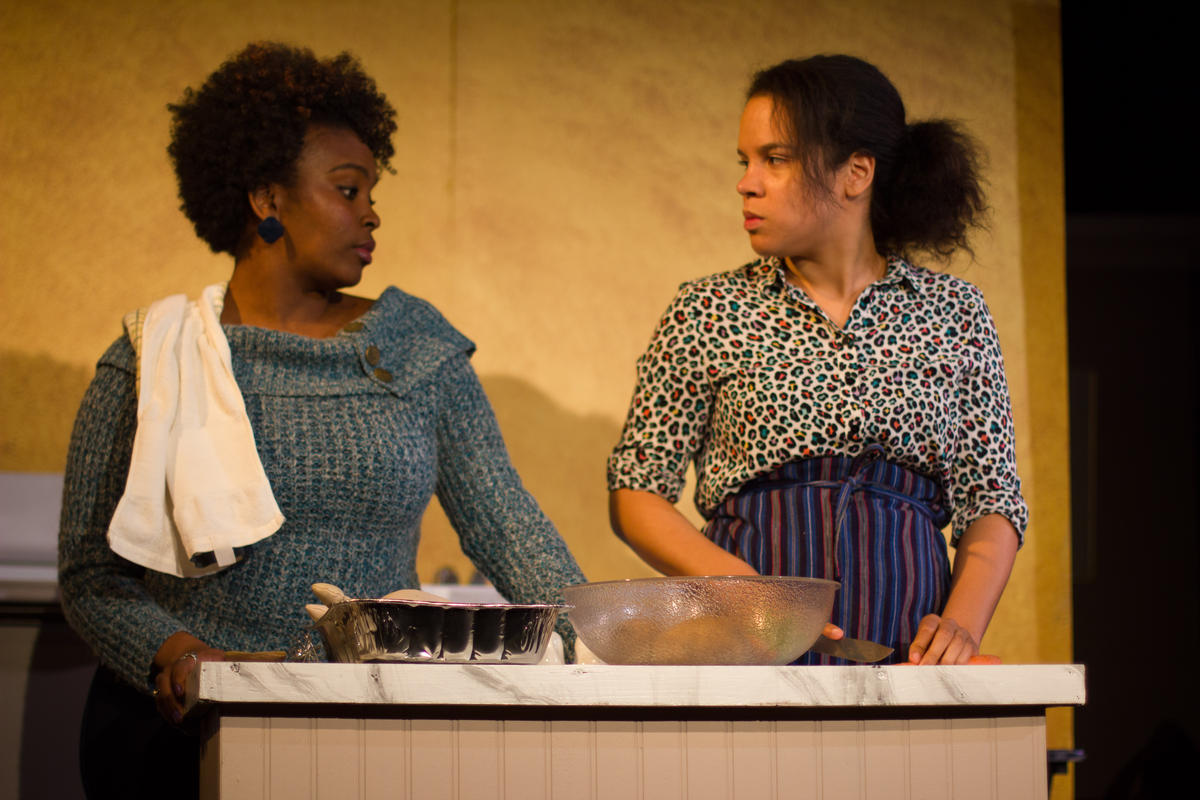‘Loving’ revisits a landmark Supreme Court case with radical restraintPosted in Articles, Biography, Book/Video Reviews, History, Media Archive, United States, Virginia on 2016-11-13 20:49Z by Steven |
‘Loving’ revisits a landmark Supreme Court case with radical restraint
The Washington Post
2016-11-10
Ann Hornaday, Film Critic
‘Loving’ is a quietly radical movie. A portrait of Richard and Mildred Loving, who became unwitting activists for interracial marriage when they wed in 1958, this gentle, deeply affecting story dispenses with the usual conventions of stirring appeals to the audience’s social conscience.
Viewers expecting a climactic showdown at the United States Supreme Court — which in 1967 handed down the landmark decision bearing the Lovings’ name, declaring anti-miscegenation laws unconstitutional — or highly pitched speeches about civil rights, privacy and marriage equality will be surprised by a film that steadfastly avoids the most obvious and tempting theatrical manipulations. Instead, viewers are confronted by something far more revolutionary and transformative, in the form of two people’s devotion to each other, and the deep-seated psychological and state forces driven to derangement by that purest emotional truth.
Based on Nancy Buirski’s wonderful 2012 HBO documentary “The Loving Story” and judiciously dramatized by writer-director Jeff Nichols, “Loving” gets underway just as Richard (Joel Edgerton) and Mildred (Ruth Negga) decide to get married, after Mildred discovers she’s pregnant. A longtime couple in the rural town of Central Point, Va., Richard and Mildred reflect the organic ethnic integration of a community in which white, black and Native American citizens routinely befriended and relied on each other…
Read the entire review here.



